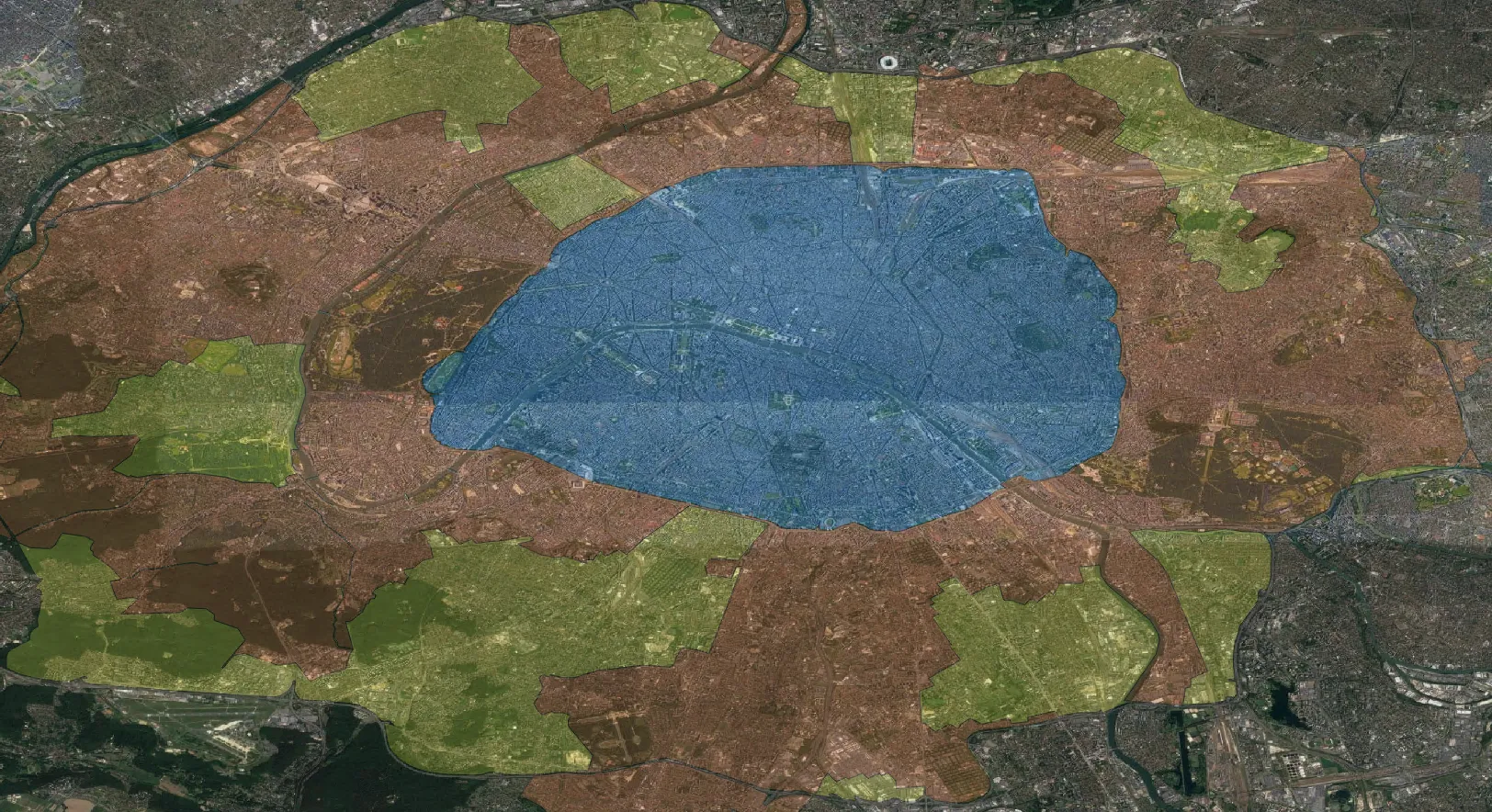To combat thousands of premature deaths caused by air pollution in London, up to 34, 000 polluting vehicles travelling into Central London every month may have to pay the T-Charge £10.00 ($13.00) which will operate on top of the Congestion Charge £11.50 ($15.00). Launched by the Mayor of London Sadiq Khan, the T -Charge applies to drivers of pre-Euro 4 vehicles that do not meet the PM and NOx emissions and has come into effect from 7.00am on 23 October 2017.
October 23, 2017
Read time: 3 mins
To combat thousands of premature deaths caused by air pollution, up to 34,000 polluting vehicles travelling into Central London every month may have to pay the T-Charge £10.00 ($13.00) which will operate on top of the Congestion Charge £11.50 ($15.00). Launched by the Mayor of London Sadiq Khan, the T -Charge applies to drivers of pre-Euro 4 vehicles that do not meet the PM and NOx emissions and has come into effect from 7.00am on 23 October 2017.
The findings come from recent health data which revealed that 7.9 million Londoners (nearly 95% of the population) live in areas exceeding the1819 World Health Organisation’s guidelines on toxic air quality particles (known as PM2.5). In addition, it is estimated that air pollution effects the smaller lungs of children and increases the risk of dementia and strokes when we get older.
Khan has also launched the charge to prepare Londoners for the Ultra-Low Emission Zone (ULEZ), which he is proposing as early as April 2019. The plan will affect thousands more vehicles in the existing congestion zone and all diesel vehicles that do not meet Euro 6 standards.
Pre-Euro 4 vehicles are typically those registered before 2006 (approximately over 12 years old), but TfL has advised anyone who has a car registered before 2008 to check if their vehicle is eligible for the charge. A free online checker to help motorists available at www.tfl.gov.uk/t-charge
TfL’s monitoring data has shown that since the announcement of the T-Charge in February the number of older more polluting vehicles driving into congestion zones has decreased by about 15%.
Khan said: “As Mayor I am determined to take urgent action to help clean up London’s lethal air. The shameful scale of the public health crisis London faces, with thousands of premature deaths caused by air pollution, must be addressed.
“Today marks a major milestone in this journey with the introduction of the T-Charge to encourage motorists to ditch polluting, harmful vehicles.”
Leonie Cooper AM, chair of the environment committee, said: “We absolutely must do more to prevent premature deaths and stunting children's lungs from air pollution – so we welcome the Mayor’s T-Charge as a first step towards making London’s air less toxic. However, the London Assembly Environment Committee believes even greater results could be achieved if the measures were implemented at a faster pace. The ULEZ will take effect in 2019 and exemption from that will require the Euro 6 standard for diesels.
“Raising awareness of this and discouraging the use of diesel vehicles in favour of much cleaner alternatives, should be top of the agenda. So should complementary measures to help shift the transportation habits of Londoners towards cheaper alternatives such as buses or trains and healthier options such as walking and cycling. We'd also like the government to step up and introduce a diesel scrappage scheme to help move things forward quickly", she added.
The findings come from recent health data which revealed that 7.9 million Londoners (nearly 95% of the population) live in areas exceeding the
Khan has also launched the charge to prepare Londoners for the Ultra-Low Emission Zone (ULEZ), which he is proposing as early as April 2019. The plan will affect thousands more vehicles in the existing congestion zone and all diesel vehicles that do not meet Euro 6 standards.
Pre-Euro 4 vehicles are typically those registered before 2006 (approximately over 12 years old), but TfL has advised anyone who has a car registered before 2008 to check if their vehicle is eligible for the charge. A free online checker to help motorists available at www.tfl.gov.uk/t-charge
TfL’s monitoring data has shown that since the announcement of the T-Charge in February the number of older more polluting vehicles driving into congestion zones has decreased by about 15%.
Khan said: “As Mayor I am determined to take urgent action to help clean up London’s lethal air. The shameful scale of the public health crisis London faces, with thousands of premature deaths caused by air pollution, must be addressed.
“Today marks a major milestone in this journey with the introduction of the T-Charge to encourage motorists to ditch polluting, harmful vehicles.”
Leonie Cooper AM, chair of the environment committee, said: “We absolutely must do more to prevent premature deaths and stunting children's lungs from air pollution – so we welcome the Mayor’s T-Charge as a first step towards making London’s air less toxic. However, the London Assembly Environment Committee believes even greater results could be achieved if the measures were implemented at a faster pace. The ULEZ will take effect in 2019 and exemption from that will require the Euro 6 standard for diesels.
“Raising awareness of this and discouraging the use of diesel vehicles in favour of much cleaner alternatives, should be top of the agenda. So should complementary measures to help shift the transportation habits of Londoners towards cheaper alternatives such as buses or trains and healthier options such as walking and cycling. We'd also like the government to step up and introduce a diesel scrappage scheme to help move things forward quickly", she added.








